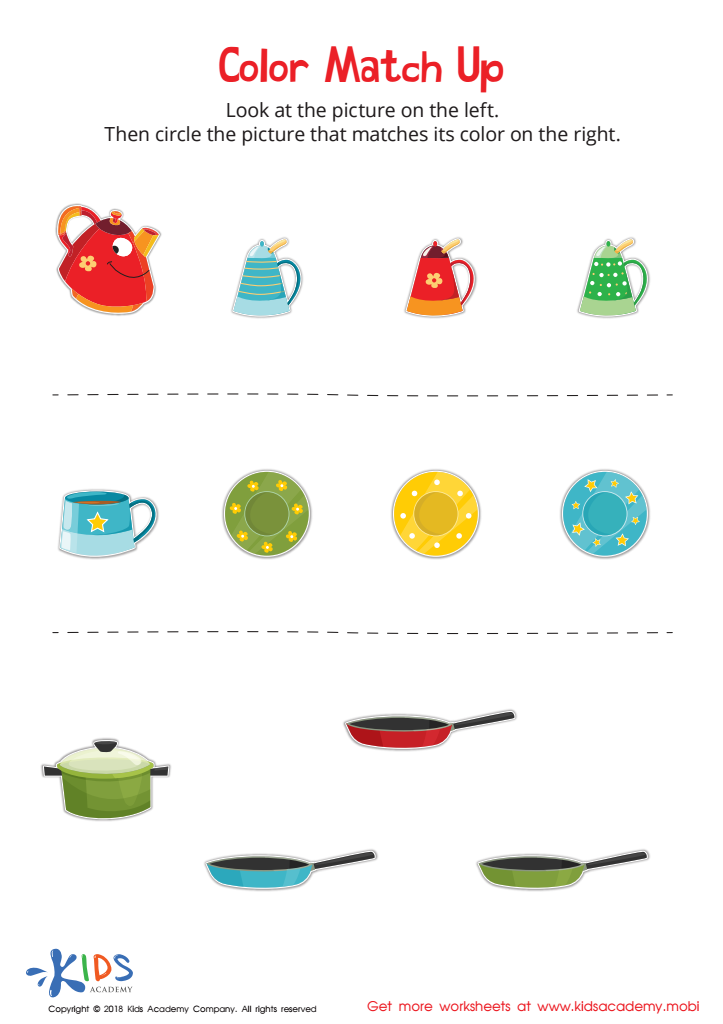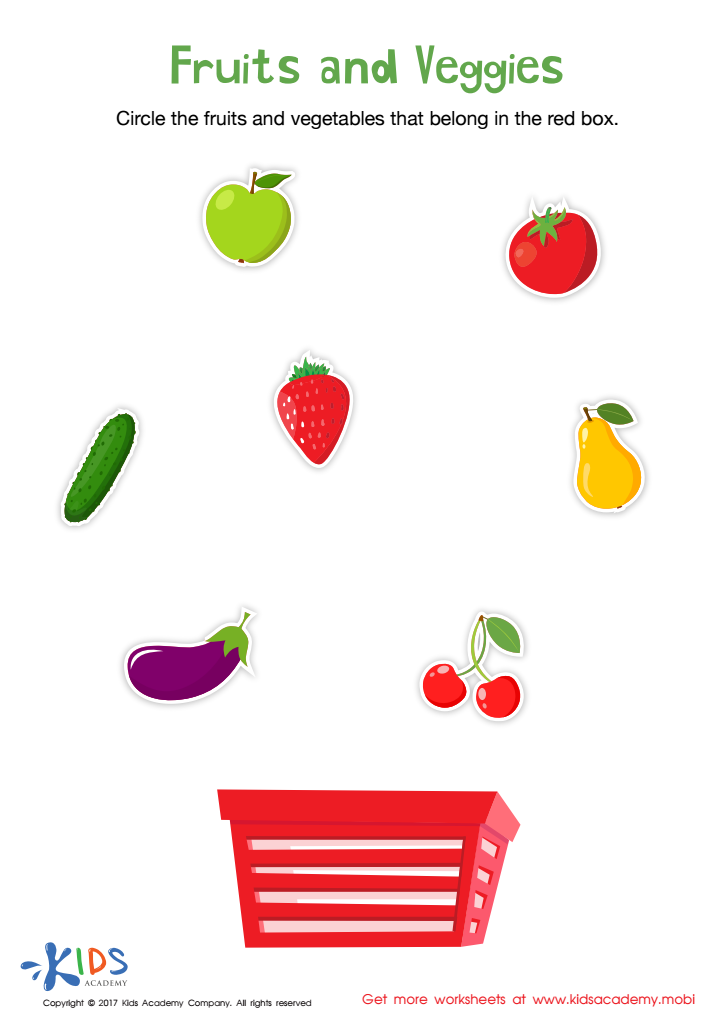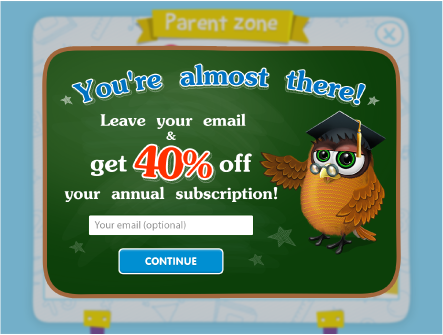Normal Matching Worksheets Activities With Answers for Ages 6-8
29 filtered results
-
From - To
Explore our engaging collection of Normal Matching Worksheets Activities designed specifically for children aged 6-8! These worksheets promote essential logical thinking skills while providing fun challenges for young learners. Each activity encourages kids to match words, images, and concepts, fostering vocabulary development and cognitive skills. With clear answer keys included, educators and parents can easily track progress and provide immediate feedback. Perfect for classroom use or homework assignments, our printable worksheets create an interactive learning experience that keeps children motivated. Dive into our resources today to boost your child’s critical thinking and matching abilities! Ideal for both visual and tactile learners.
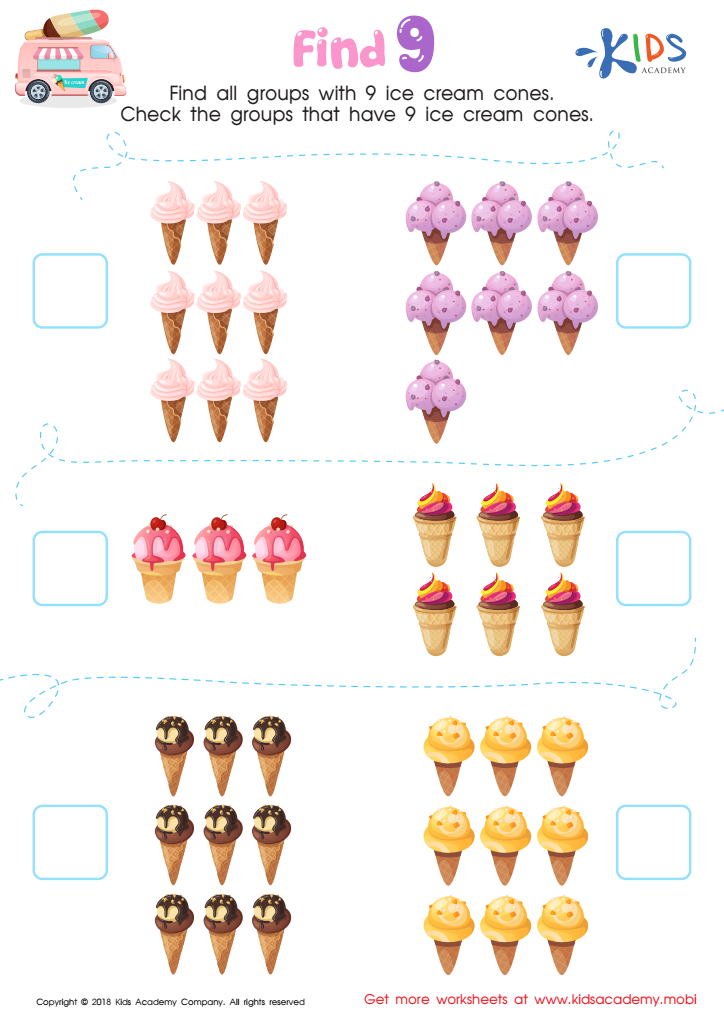

Find 9 Worksheet
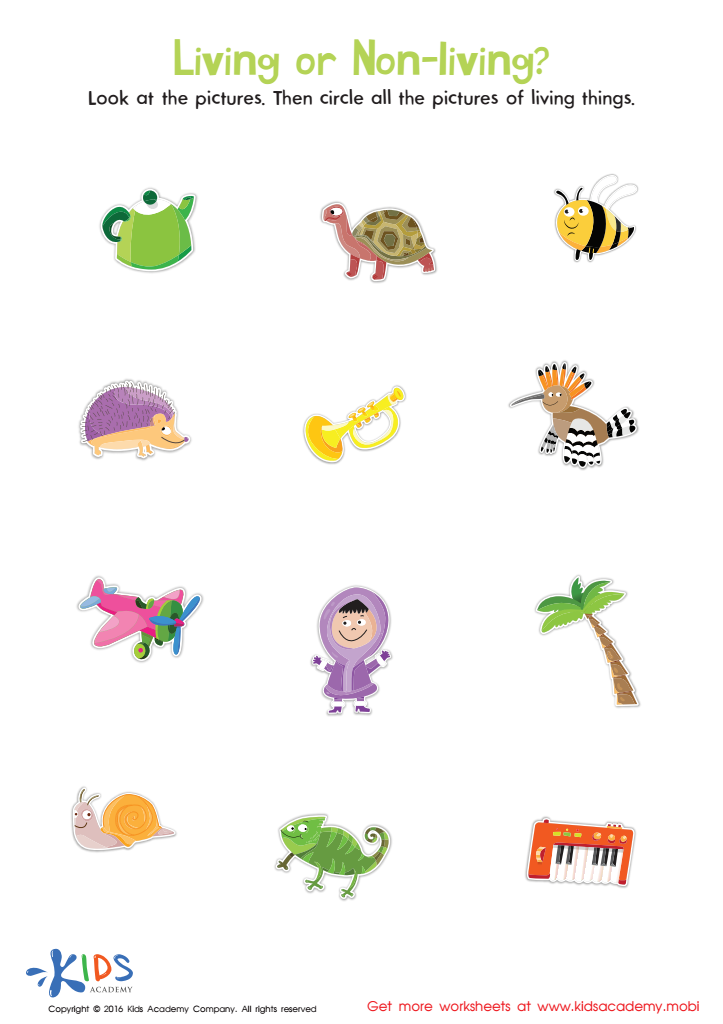

Identifying Living and Non–living Things Sorting Worksheet
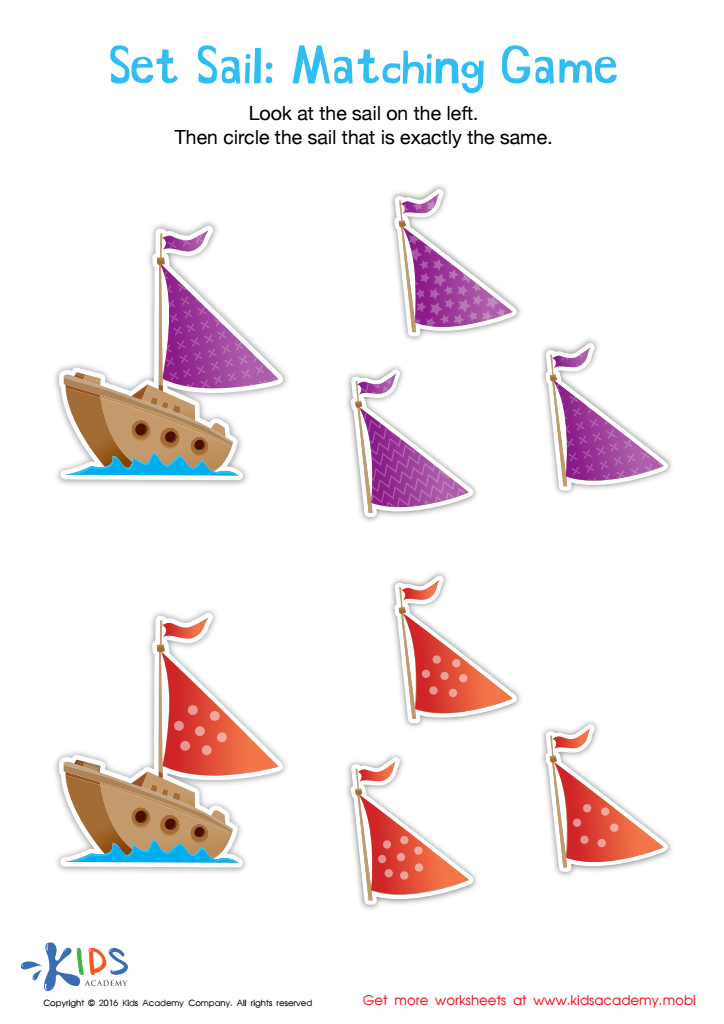

Set Sail Worksheet
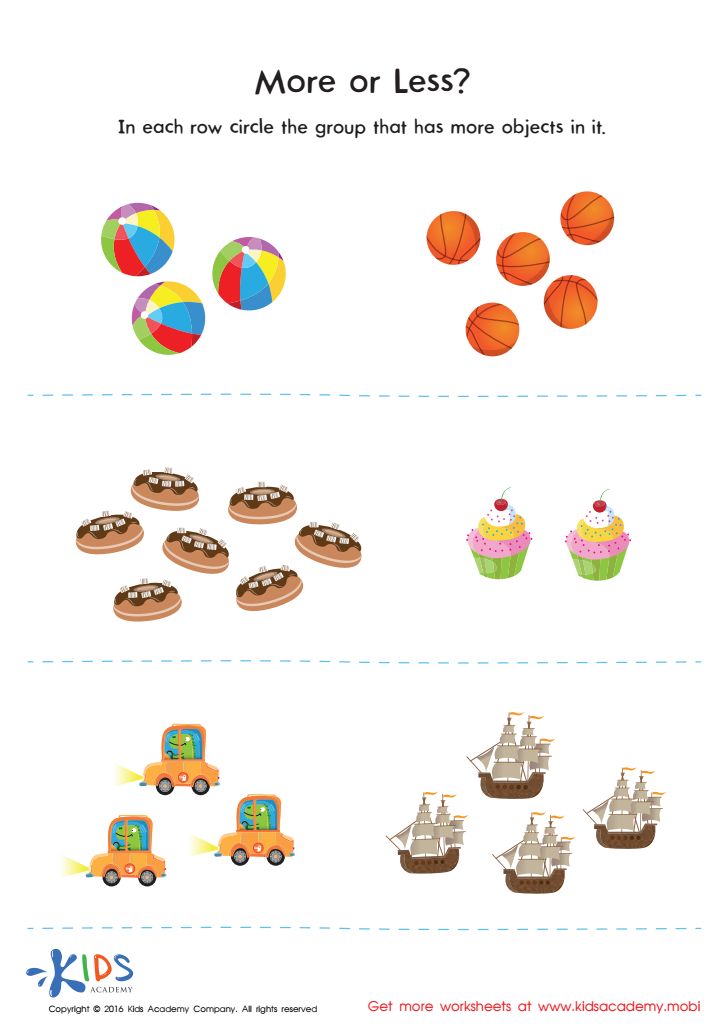



The 5 Sense Scientist Worksheet
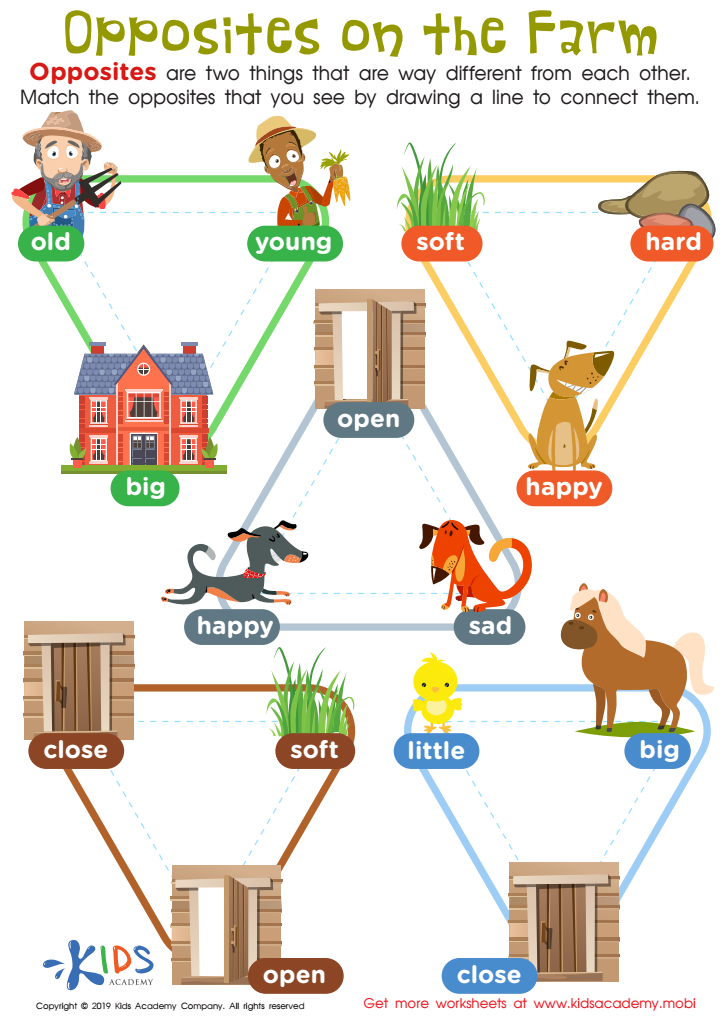

Opposites on the Farm Worksheet


Matching: Classifying Toys by Size Worksheet
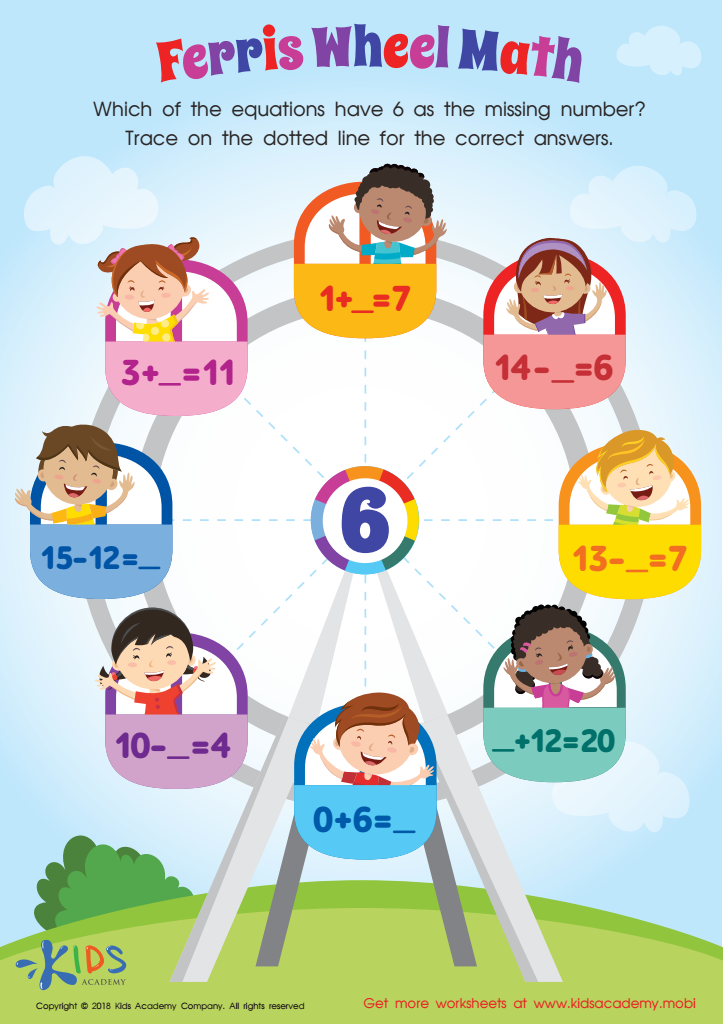

Missing Number: Ferris Wheel Math Worksheet
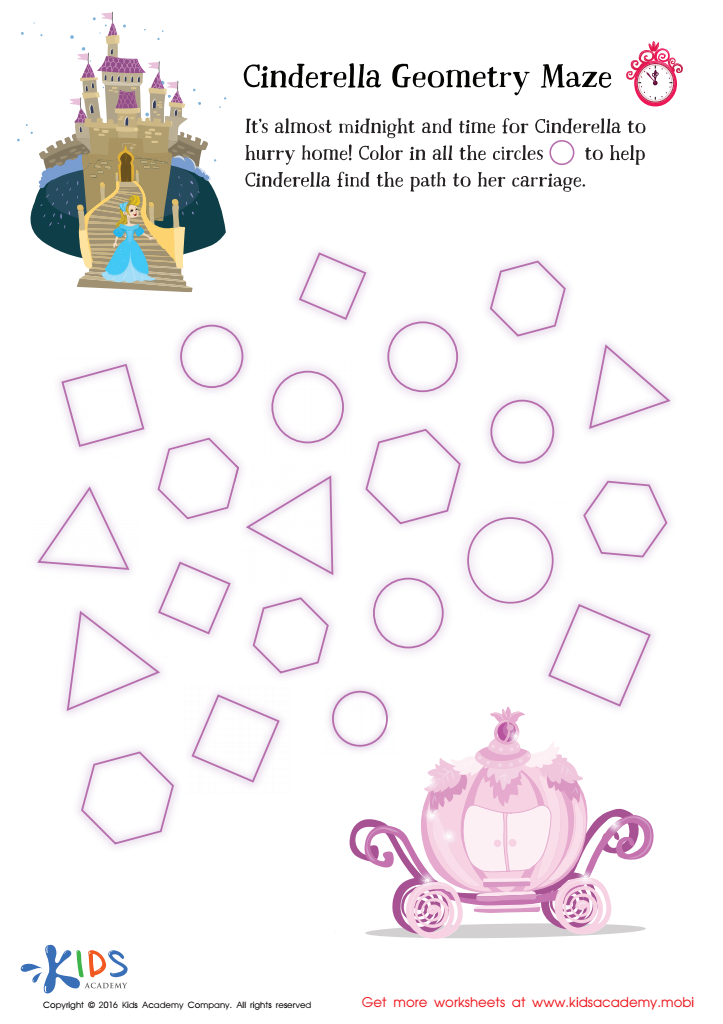

Cinderella Geometry Maze Worksheet
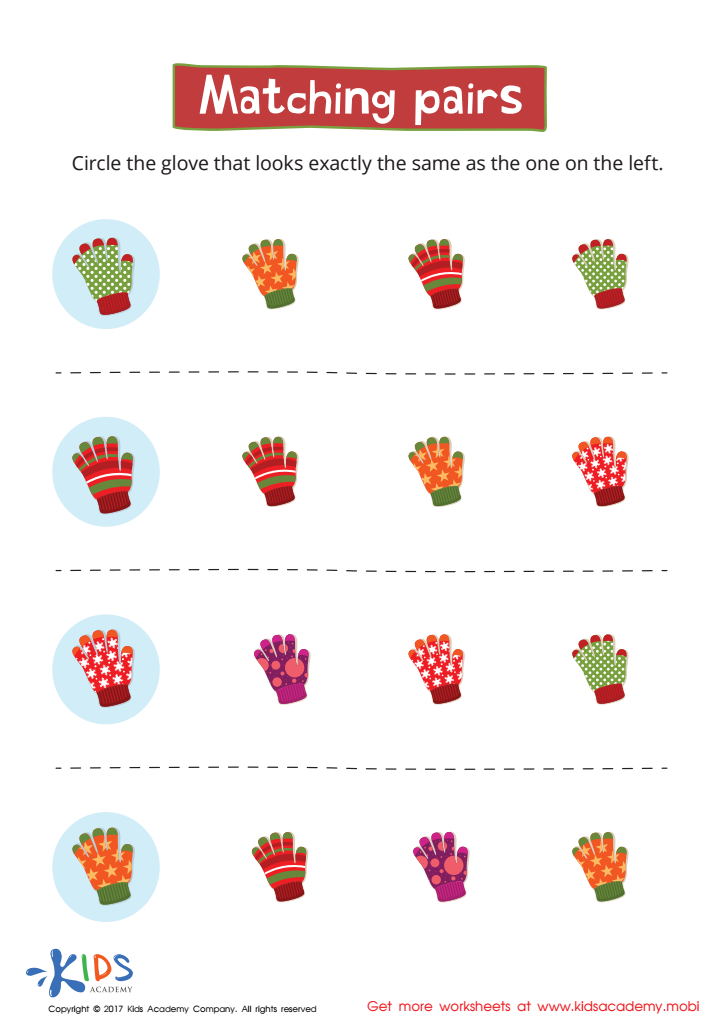

Matching: Matching Pairs Worksheet
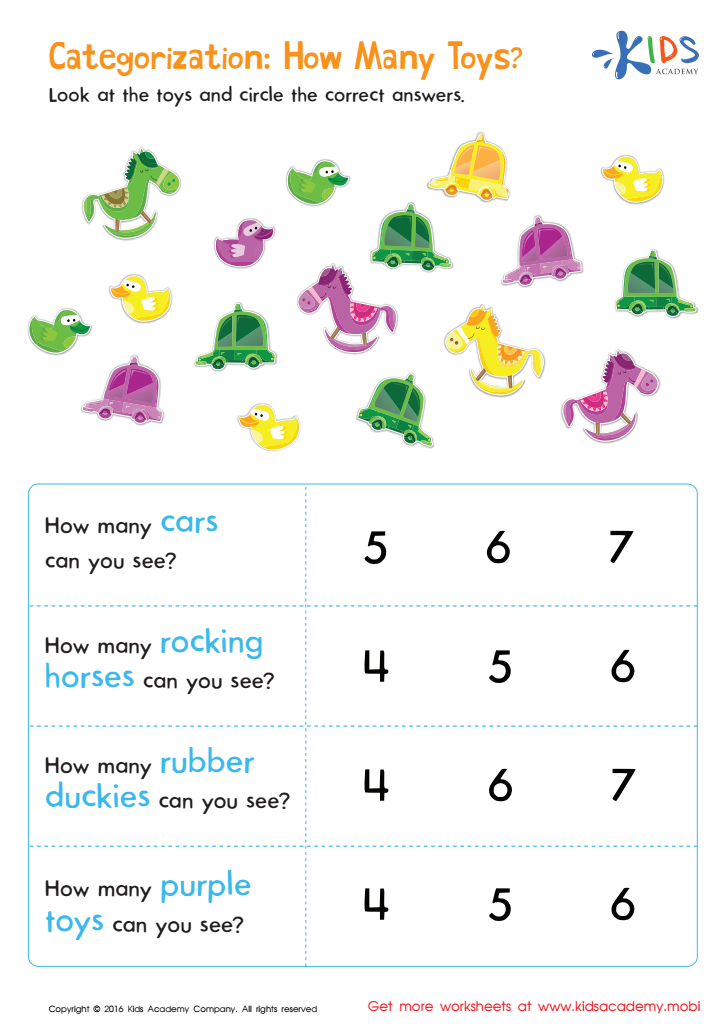

Classifying Toys by Type and Color Sorting Worksheet
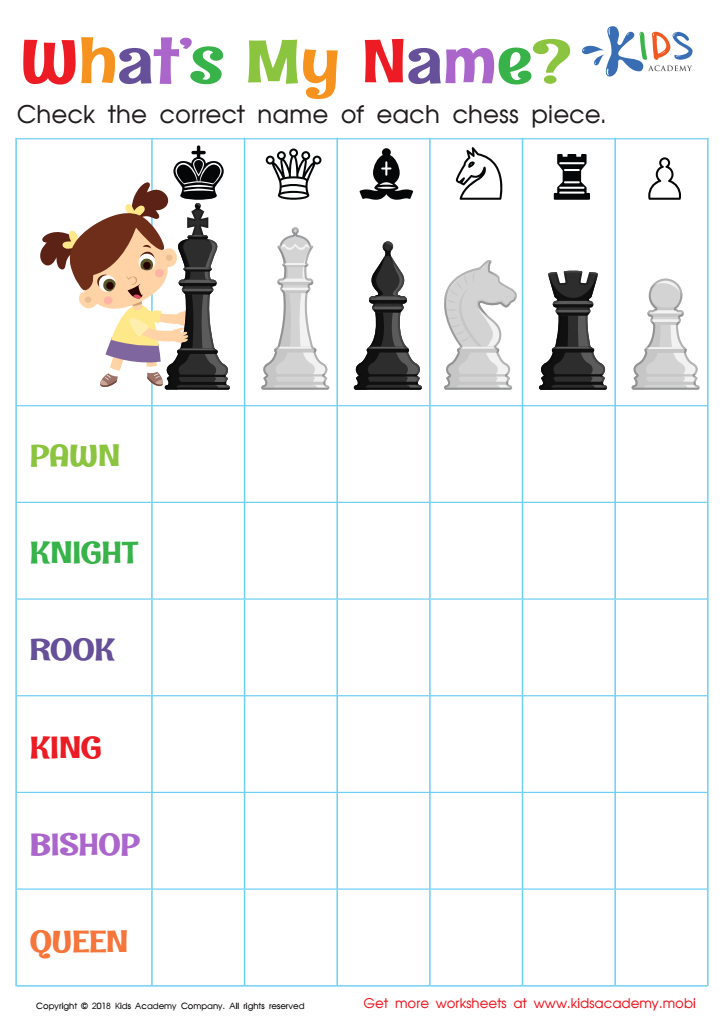

What's My Name? Worksheet


Logic Game Sorting Worksheet
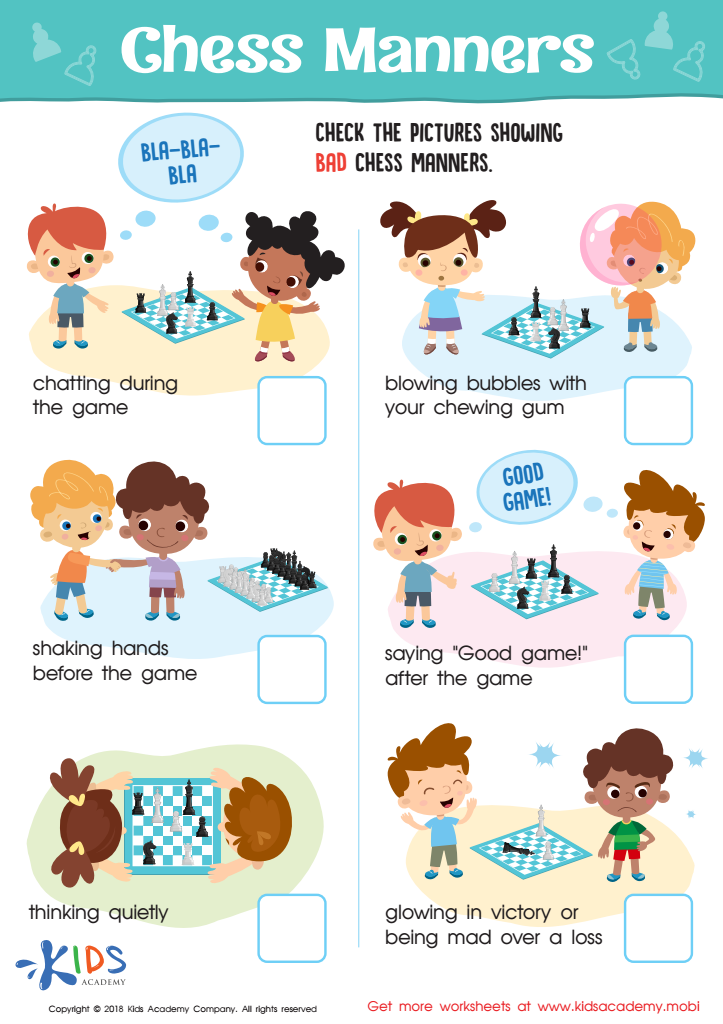

Chess Manners Worksheet
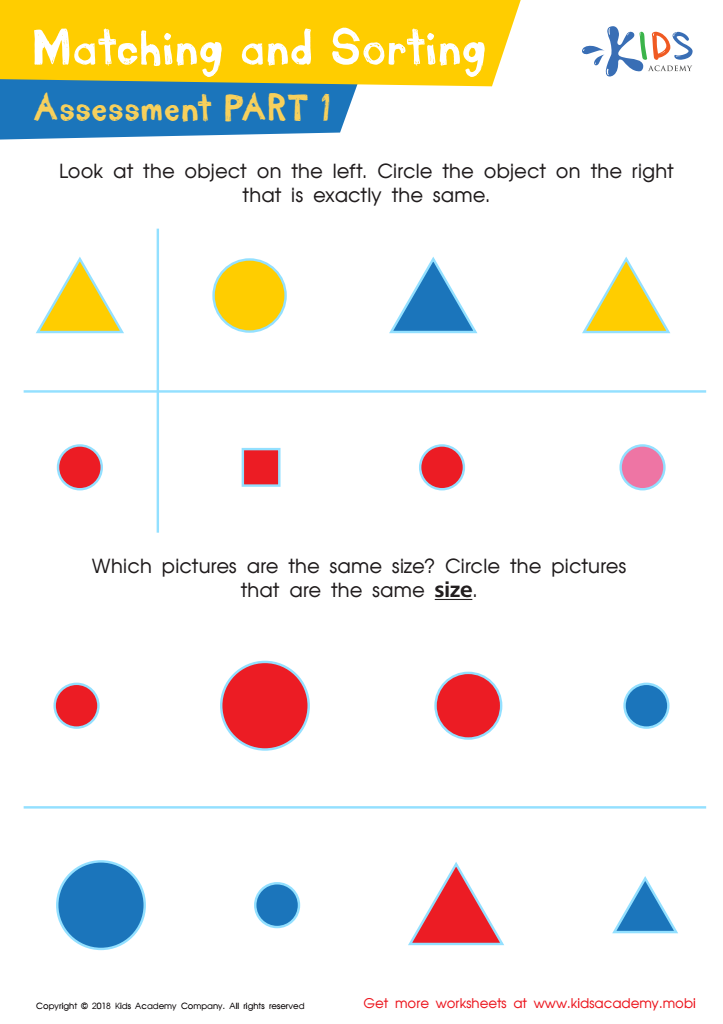

Matching and Sorting for Kindergarten: Assessment 1 Worksheet


Frog Countdown Worksheet
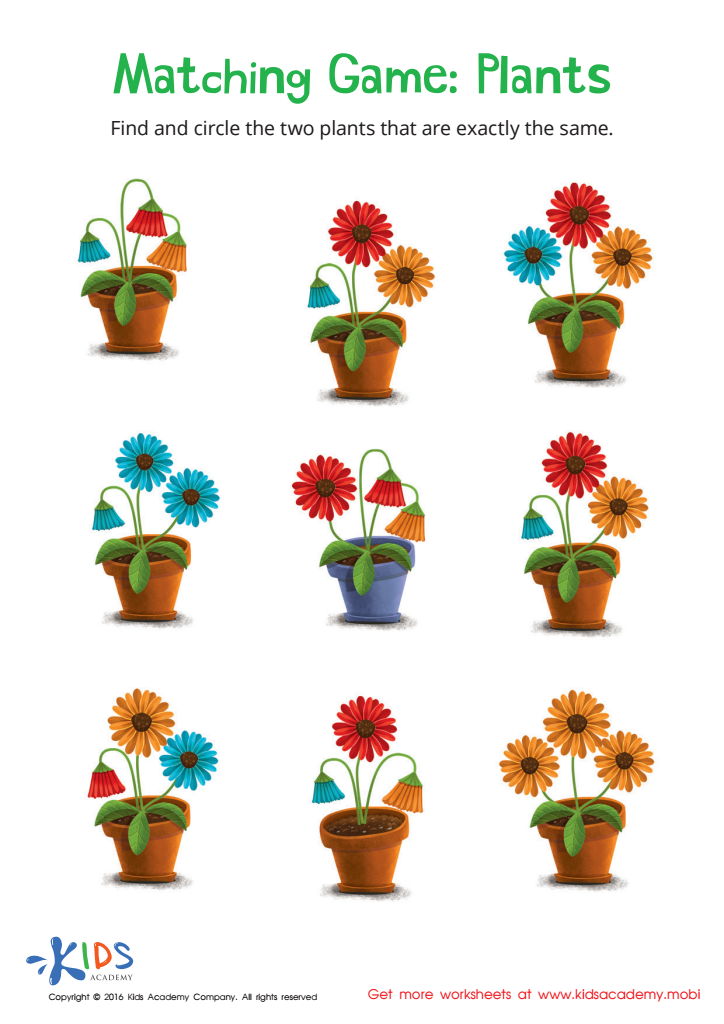

Matching: Plants Worksheet
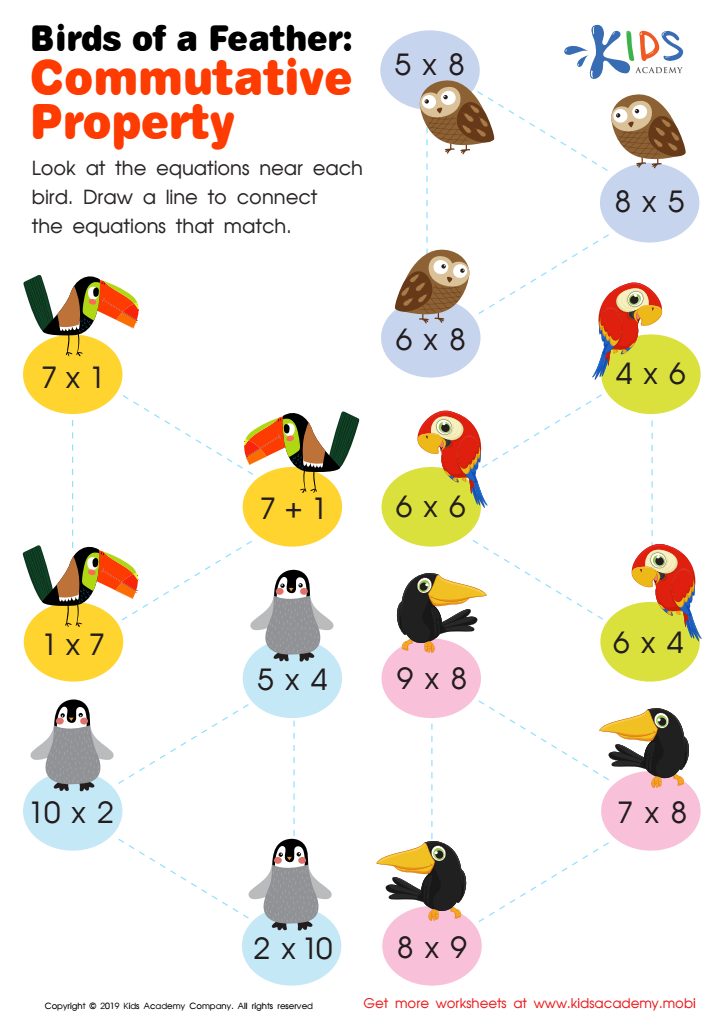

Birds of a Feather: Commutative Property Worksheet
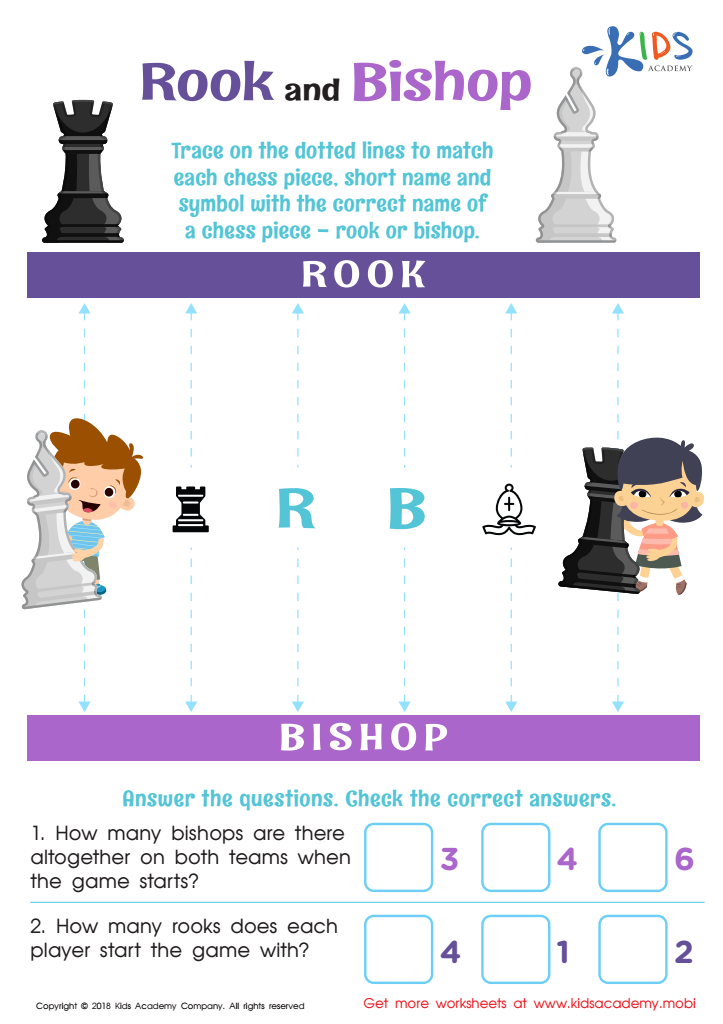

Rook and Bishop Worksheet
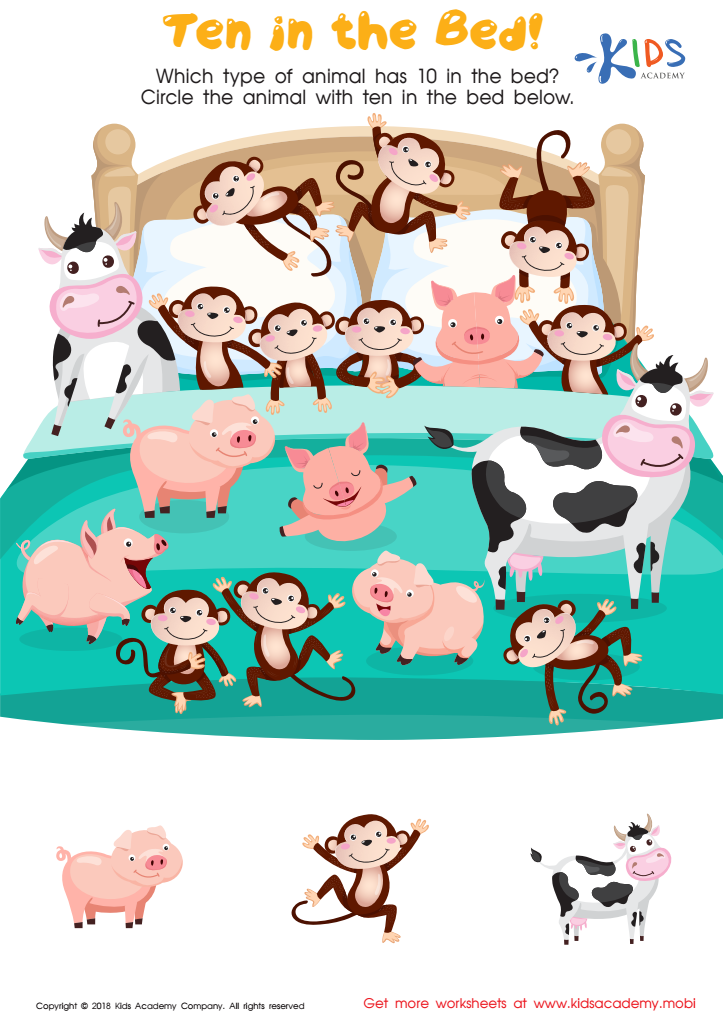

Ten in the Bed Worksheet
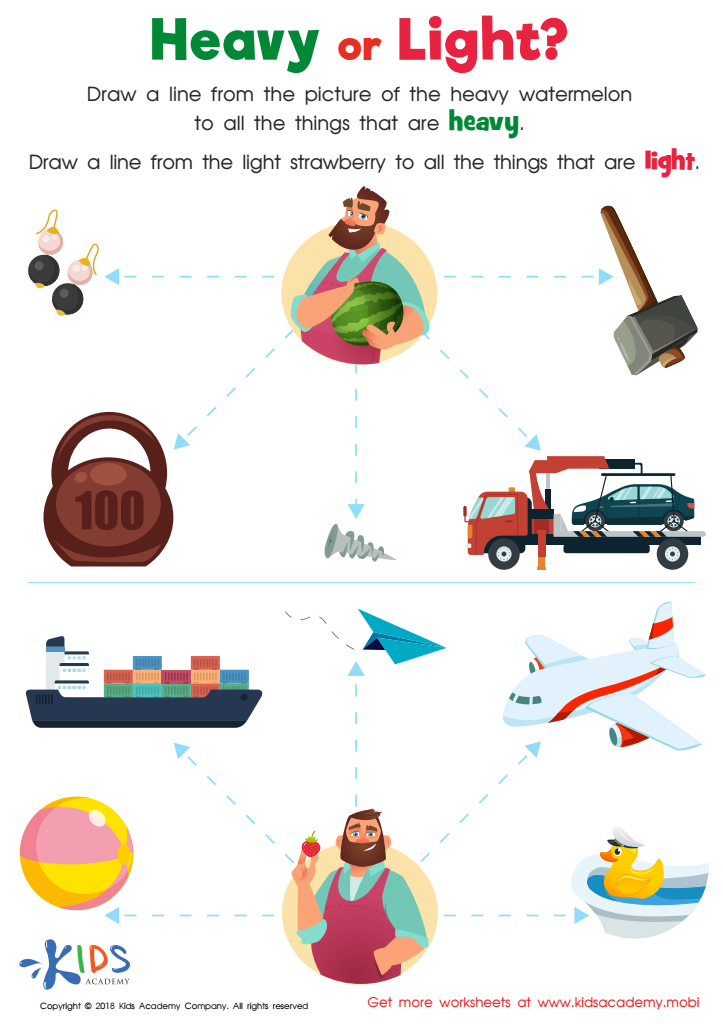

Heavy or Light? Worksheet
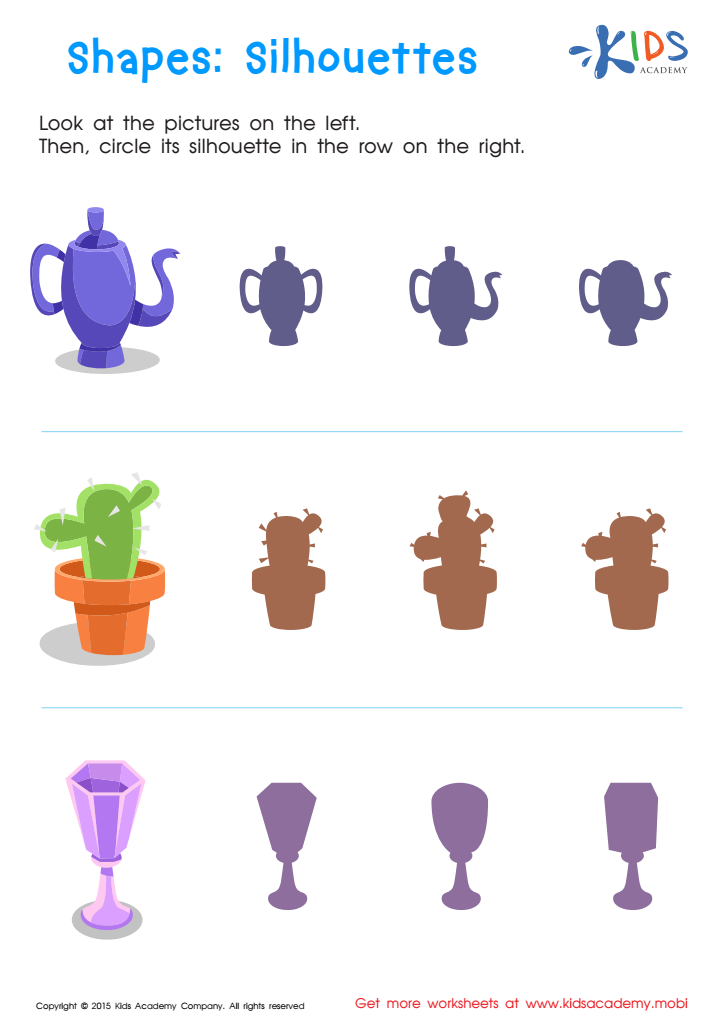

Silhouettes – Shapes Worksheet
Normal Matching Activities are essential tools for parents and teachers working with children aged 6-8 because they foster critical cognitive and social skills in young learners. At this age, children are developing their ability to recognize patterns, make connections, and understand relationships—skills that are foundational for more complex learning in math, reading, and verbal expression.
These activities typically involve matching items based on attributes, categories, or themes, which can enhance memory, reinforce vocabulary, and improve decision-making skills. They encourage children to think logically and increase their ability to discern similarities and differences, thereby bolstering their analytical capabilities.
Furthermore, Normal Matching Activities offer an interactive and engaging way for parents and teachers to participate in children’s learning. When engaged in these activities together, adults can model problem-solving techniques and promote communication, collaboration, and social interaction.
In a world filled with digital distractions, such hands-on activities also promote focus and attention, offering a screen-free alternative that strengthens parent-child or teacher-student bonds. By integrating Normal Matching Activities into educational practices at this early age, parents and educators support holistic development, paving the way for lifelong learning and critical thinking skills.
 Assign to My Students
Assign to My Students
